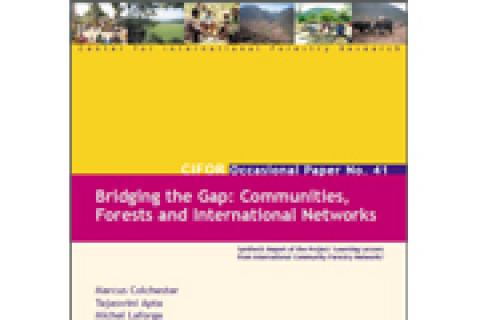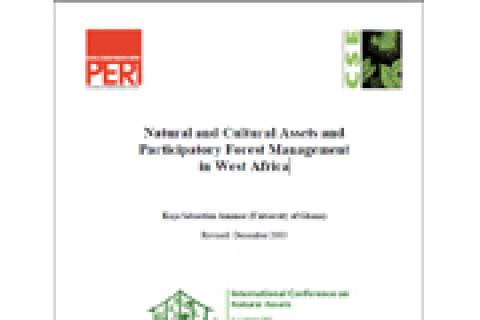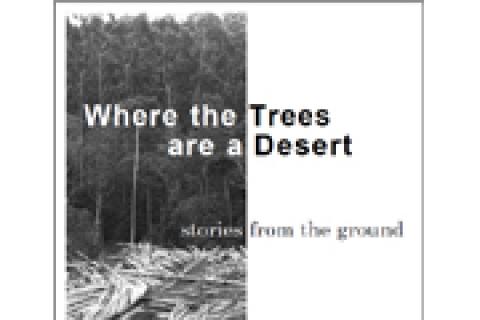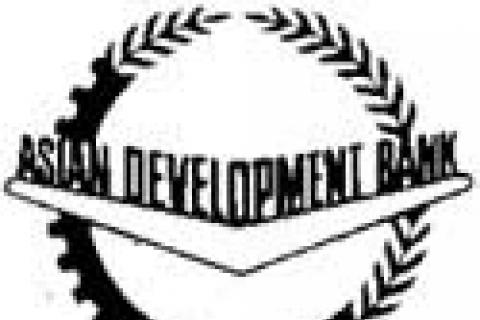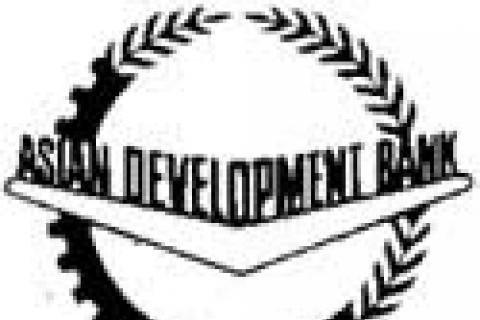More than 35 % of Indonesian upland territory has been licensed as mining concessions, of which 11.4 million hectares is located within protected areas. However, the mine sector’s contribution to the Indonesian government’ s net income is only 2% -4%. The amount is unequal to the impacts caused by the sector toward local people and the environment across the Indonesian archipelago.
Other information
by Marcus Colchester, Tejaswini Apte, Michel Laforge, Alois Mandondo and Neema Pathak
Synthesis Report of the Project 'Learning Lessons from International Community Forestry Networks - CIFOR Occasional Paper No. 41
Bridging the Gap: Communities, Forests and International Networks
The workshop organized at the World Social Forum on “Displacement and Forest Communities” (1) enabled participants to better understand the essential injustice of the prevailing approach to forest conservation and at the same time to realize that it is incapable of conserving forests.
A workshop on global environmental politics (1) brought up a number of issues and actors of relevance to forests and forest peoples: protected areas, climate change, biodiversity, the World Bank.
The different “solutions” to global environmental problems (deforestation, biodiversity loss, climate change) were contextualized as part of the approach of appropriation of nature for profit, carried out through agencies such as the World Bank, the IMF and the FAO and through entirely new mechanisms supposedly created to protect the environment.
The forest issue was also present at one of the conferences of the World Social Forum, under the broader issue of “Development Induced Displacement. Perspectives and Strategies.” (1)
All speakers stressed the relationship between so-called development and displacement -forced and “voluntary”- of local people affected by “development” projects. Logging, dams, plantations, mining, protected areas, tourism, had a common result: the appropriation of local communities’ lands and resources and the displacement of millions of people affected by those projects.
Industrial tree plantations have a long history of negative social and environmental impacts. It was therefore felt that there was a clear need to raise the issue in a specific workshop at the World Social Forum. Participants shared their experiences from a broad range of countries.
by Kojo Sebastian Amanor (University of Ghana), December 2003
Natural and Cultural Assets and Participatory Forest Management in West Africa
On 28 November-4 December 2003, at Rasi Salai, Thailand, the Thailand-based Assembly of the Poor, USA-based International Rivers Network (IRN), and Southeast Asia Rivers Network (SEARIN) from Thailand, organized the Second International Meeting of Dam Affected People and their Allies, or Rivers for Life!
As the global economy expands, pressure on indigenous lands to yield up minerals, oil and gas is intensifying, posing a major threat on them, their lands, territories and the resources that they depend on. The World Bank has been an instrument of such process, supporting mining projects that have been even condemned by the United Nations.
By Carbon Trade Watch, TNI/FASE
This collaorative brieing gives an insight into the history of monoculture eucalyptus plantations inBrazil and their impacts on local people and the environment. It also explores the new finances made available by the World Bank that allows the expansion of these destructive plantations through the carbon market.
Download full document here
By Chris Lang
Published in Guerrero, D. (ed.) (2003) A Handbook on the Asian Development Bank: The ADB and its operations in Asia and the Pacific Region. Focus Asien no. 16. Asienhaus, Essen. November 2003.
Read the full document here

